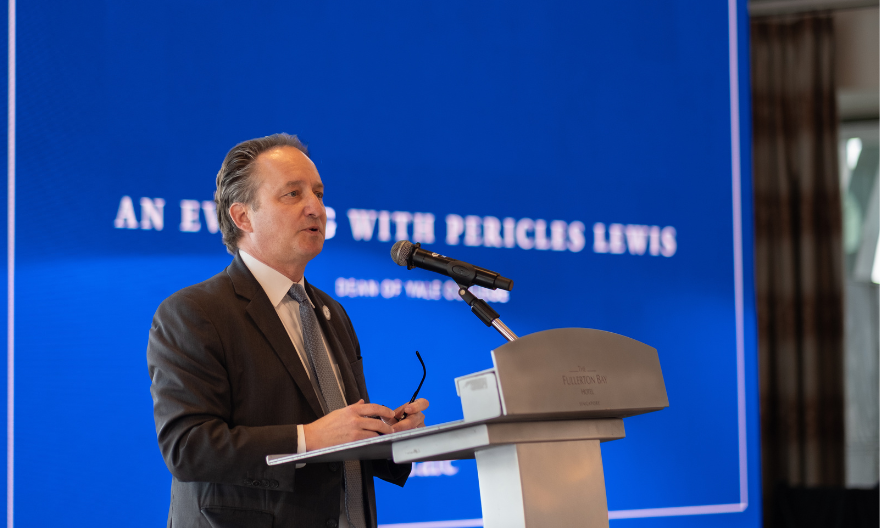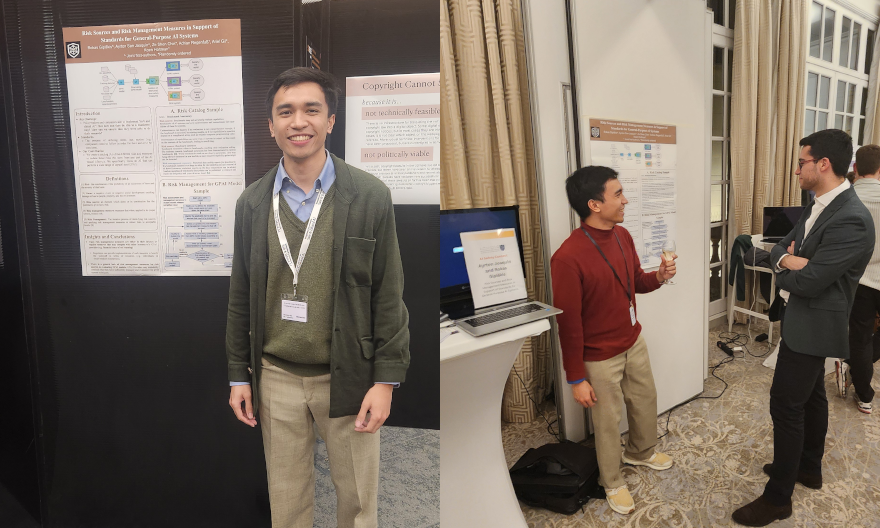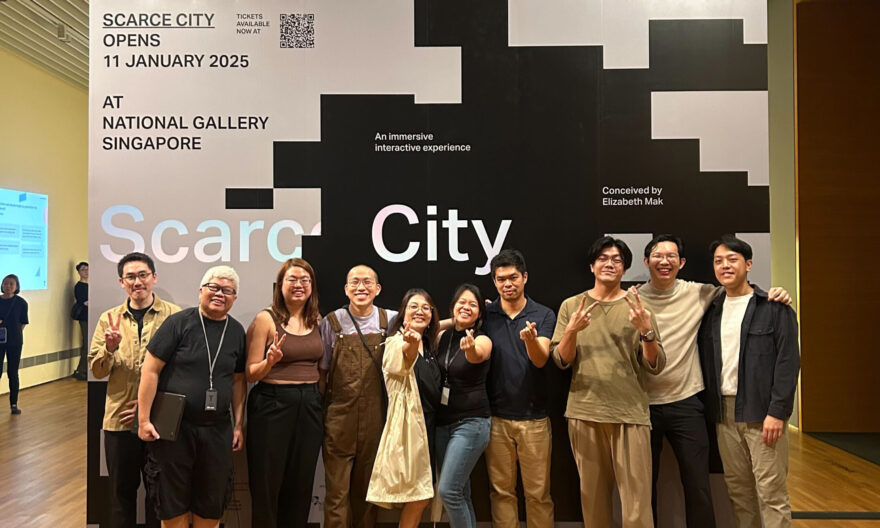Yale-NUS alumni and faculty collaborate on project archiving COVID-19’s history in Southeast Asia
The COVID-19 pandemic is a significant chapter in the history of the Association of Southeast Asian Nations (ASEAN). To document its impact on people’s lived experiences, Professor of Humanities (History) Naoko Shimazu, along with three Yale-NUS alumni and history majors, Ling Xi Min, Tinesh Indrarajah, and Regina Hong (all Class of 2017), worked together on an international project across ASEAN titled ’Living with COVID in Southeast Asia: Personal and Visual Experiences of Crisis, Control of Community’.
Based at the Asia Research Institute (ARI), the research project was led by Prof Shimazu and two collaborators, Dr Gerald McCarthy and Dr Yang Yang. The team created an archive of visual images and oral histories of life amid the COVID-19 pandemic in Southeast Asia, spanning all 10 ASEAN countries including Singapore, Indonesia, and Vietnam.
“We began this project because we felt the sense of urgency that we had to record and archive the new ‘normal’ of living under COVID-19 that started last April,” said Prof Shimazu. “The entire project is done virtually, something which is very much attuned to the COVID-19 situation, giving us an unexpected opportunity to reach out to our colleagues in ASEAN countries to do a joint project of recording our extraordinary new normal.”
With such a large-scale project, the team was assisted by various collaborators across the various Southeast Asian countries who helped collect visual and oral sources. In addition to making the archive available to the public, they also plan on having transcripts in the original languages, translations, and 100 oral history interviews by the end of the project.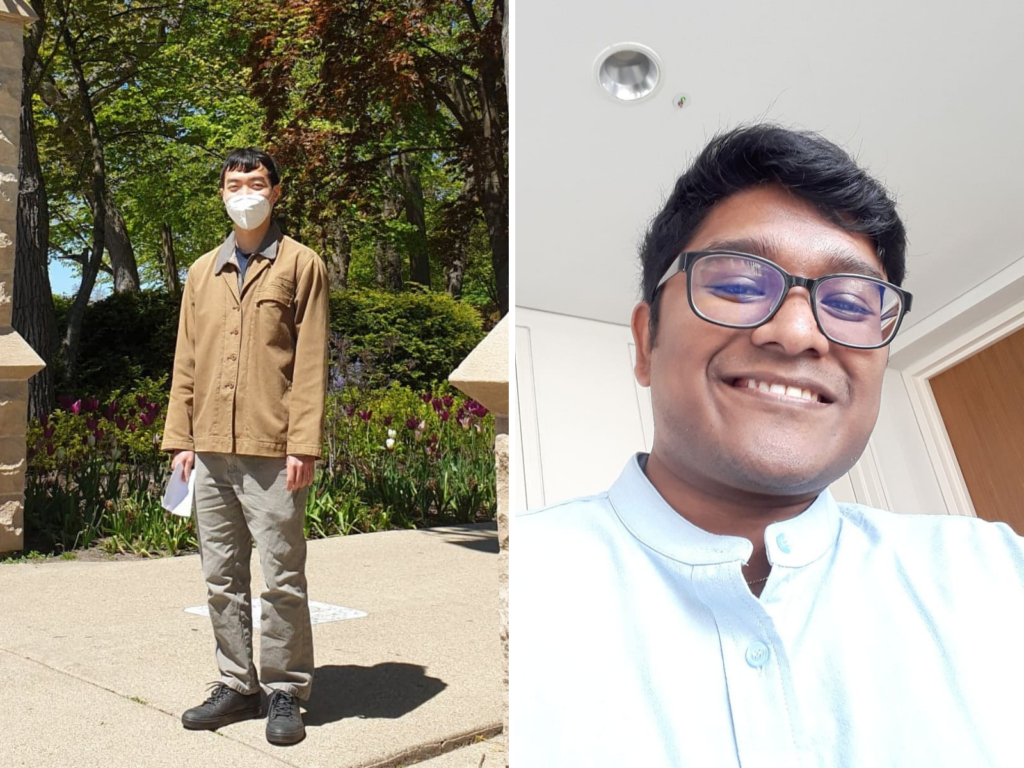 Alumni Ling Xi Min (left) and Tinesh Indrarajah (both Class of 2017). Images provided by Ling Xi Min and Tinesh Indrarajah.
Alumni Ling Xi Min (left) and Tinesh Indrarajah (both Class of 2017). Images provided by Ling Xi Min and Tinesh Indrarajah.
“Although it was challenging to work across so many different national contexts and time zones, it was rewarding in a way that only such an ambitious project could be,” said Xi Min, a Yale-NUS alumnus and oral history staff on the project. “I came away from the project with a better appreciation of how diverse ASEAN as a region is, linguistically and culturally. It’s one thing to be aware of this diversity in an abstract sense, and another thing to encounter concrete reminders of this reality in the context of a work project,” he added.
Similarly, Tinesh found the project to be of great significance. He was also initially a Research Associate for the project, subsequently shifting his role to become the Malaysian National Lead, sourcing interviewees and carrying out interviews. “Personally, the most exciting finding is our oral history database that captured the voices of so many ASEAN citizens about a shared experience. There is a lot of great information and scholarship to be gained by diving deep into these interviews and pairing them with an individual analysis of each country’s COVID-19 rhetoric and response,” he said.
The project also gave the alumni a chance to reconnect with their professors and with Yale-NUS. Regina was pursuing a Masters in Digital Humanities at Loyola University Chicago when she was contacted by Prof Shimazu. “[She] reached out to me to see if I was interested in joining the team, as she knew I was pursuing a degree in digital humanities. I was also keen to apply the skills I had learnt in my digital humanities classes,” Regina said.
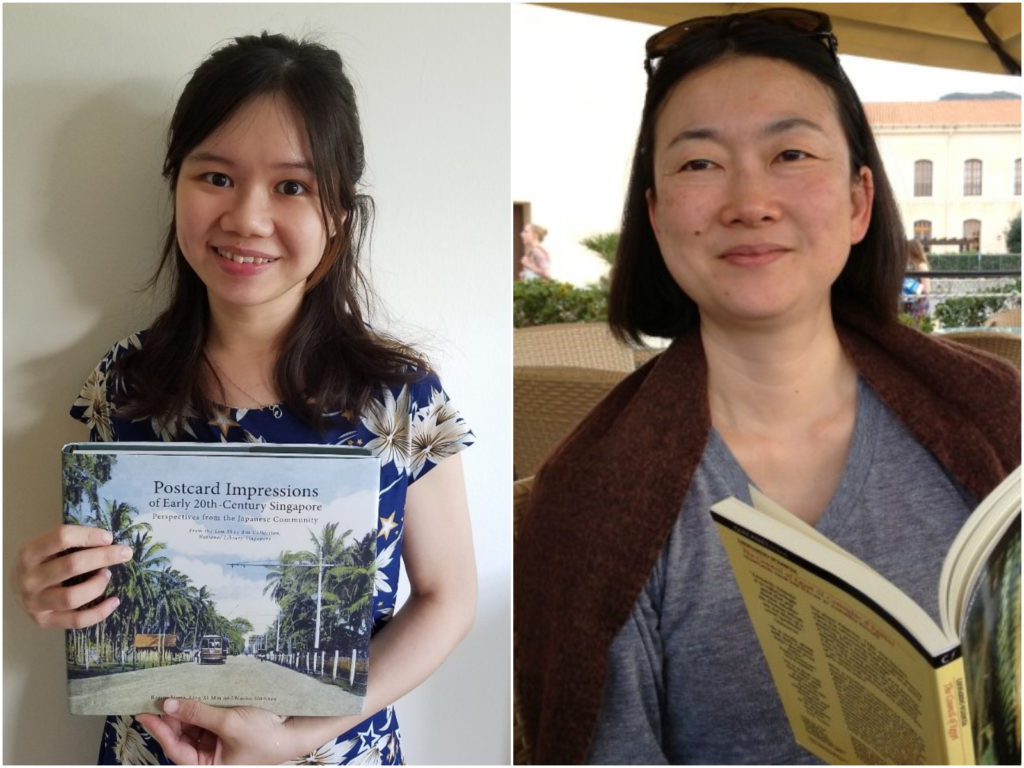 Alumnus Regina Hong (Class of 2017, left) with her jointly authored book with Prof Shimazu. Prof Shimazu is on the right. Images provided by Regina Hong and Naoko Shimazu.
Alumnus Regina Hong (Class of 2017, left) with her jointly authored book with Prof Shimazu. Prof Shimazu is on the right. Images provided by Regina Hong and Naoko Shimazu.
Regina had also previously worked with Prof Shimazu and Xi Min to co-author a book, Postcard impressions of early 20th-century Singapore. She noted, “Prof Shimazu has a lot of creative energy and ideas, so I learn something new from her each time we collaborate.”
Xi Min was also abroad in Chicago when he was asked to join the team. “It was nostalgic to an extent! It was certainly a nice experience that helped me feel connected back to Singapore at a time when I was many miles away in the United States,” he said. As he was in the middle of his PhD application at the time, he was also grateful for the project for giving him a chance to maintain closer contact with Prof Shimazu. “She gave me a lot of useful advice on graduate school. I was able to think through the life decisions at stake with the benefit of her perspective,” he added.
The project culminated in a webinar titled ‘Archiving Social Experiences of COVID-19: Diverse Stories, Memories & Methods from Southeast Asia and Beyond’ held on 4 May 2021 to showcase the team’s efforts. The session was attended by collaborators on the project from across Southeast Asia as well as institutions around the world with a similar research focus, providing a fitting capstone to a momentous endeavour.

